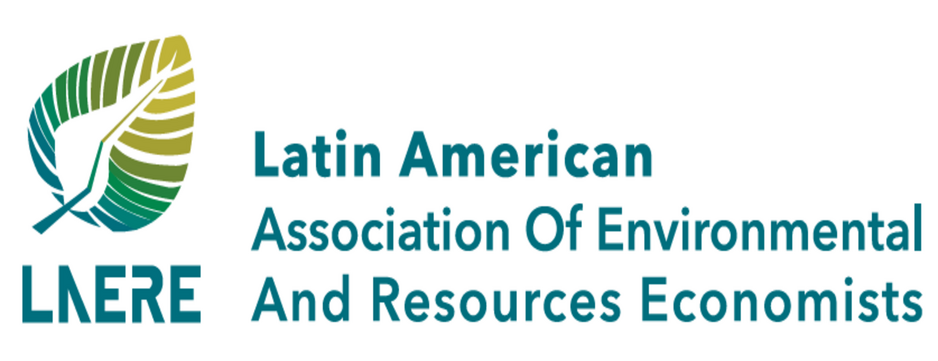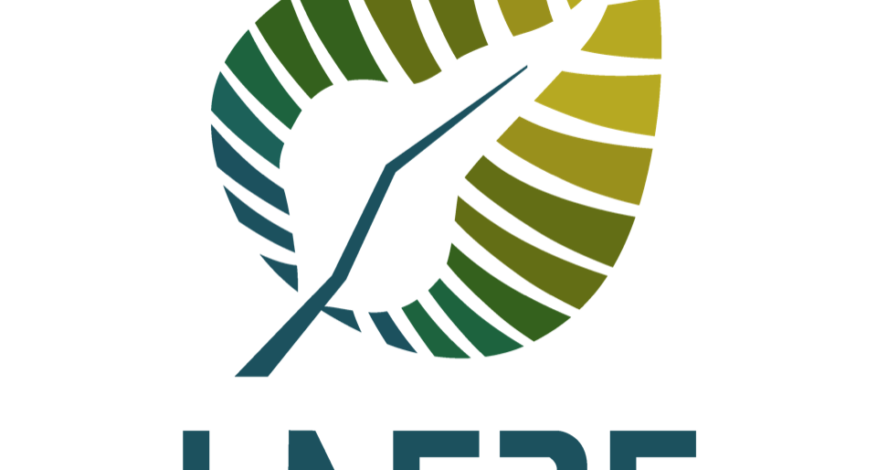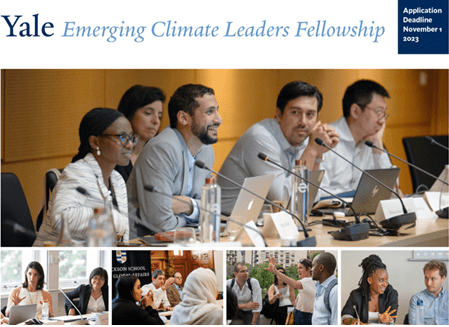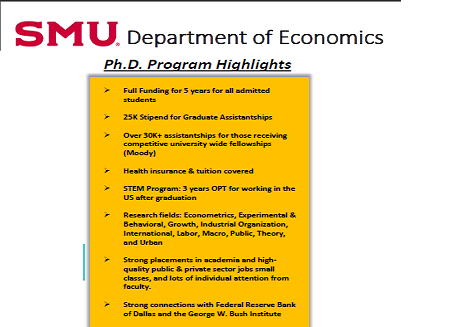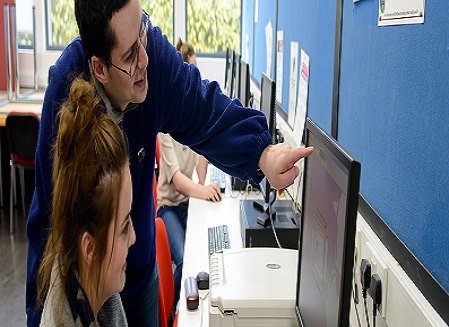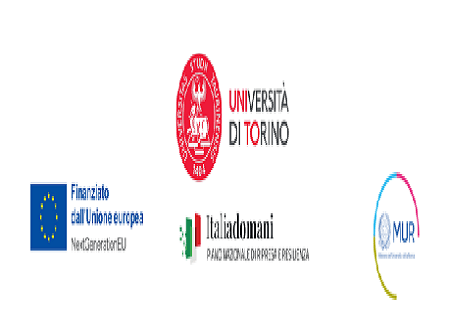PhD Scholarship on the Social and Environmental Outcomes of Reforestation Processes.
Deadline: February 12, 2024, Midnight (GMT)
Interviews: February 22, 2024.
Scholarship Funding:
The Sustainable Forest Transitions (SFT) project is recruiting a full-time PhD student at the Global Development Institute (University of Manchester) starting September 2024 to work on one of two themes:
- Theme 1: Evaluation of the social and environmental outcomes of reforestation drivers using publicly available large-scale social and environmental datasets.
- Theme 2: Development of rapid evidence synthesis methods and products using emerging artificial intelligence tools and other existing systematic review instruments.
This position is fully funded for 3.5 years, covering tuition fees, an annual maintenance stipend of £18,622 (TBC for 2024-25), and research-related travel. You will be part of a multidisciplinary research team led by Dr. Johan Oldekop, which includes postdoctoral researchers, PhD students, case country partners, and other affiliated researchers.
Primary Supervisor: Dr. Johan Oldekop
About the Project:
The aim of SFT is to enhance understanding of the social and environmental outcomes of reforestation drivers worldwide. SFT is a five-year, £1.7 million project selected by the European Research Council and funded through a UKRI Research Frontier grant hosted by the Global Development Institute. The project is investigating the changing nature of forest cover and human development at an unprecedented global scale and in specific case study countries such as Mexico, Brazil, India, Nepal, and Indonesia.
The scholarship is open to international students. For more information, including how to apply, please follow this link: https://tinyurl.com/yxsafn79](https://tinyurl.com/yxsafn79


